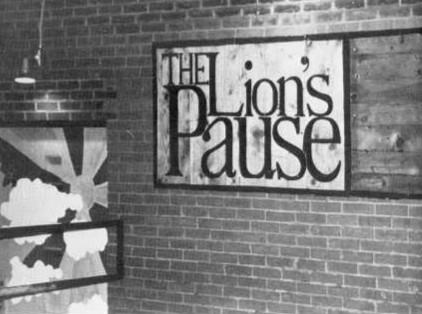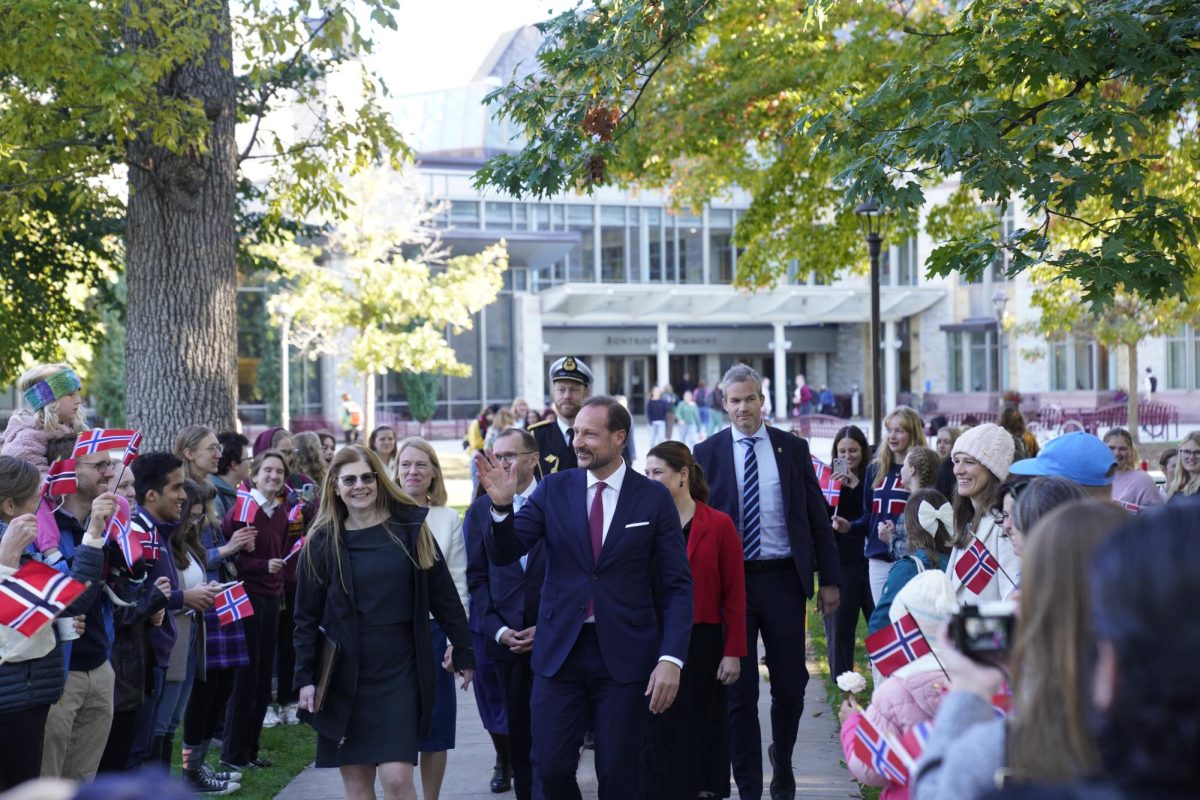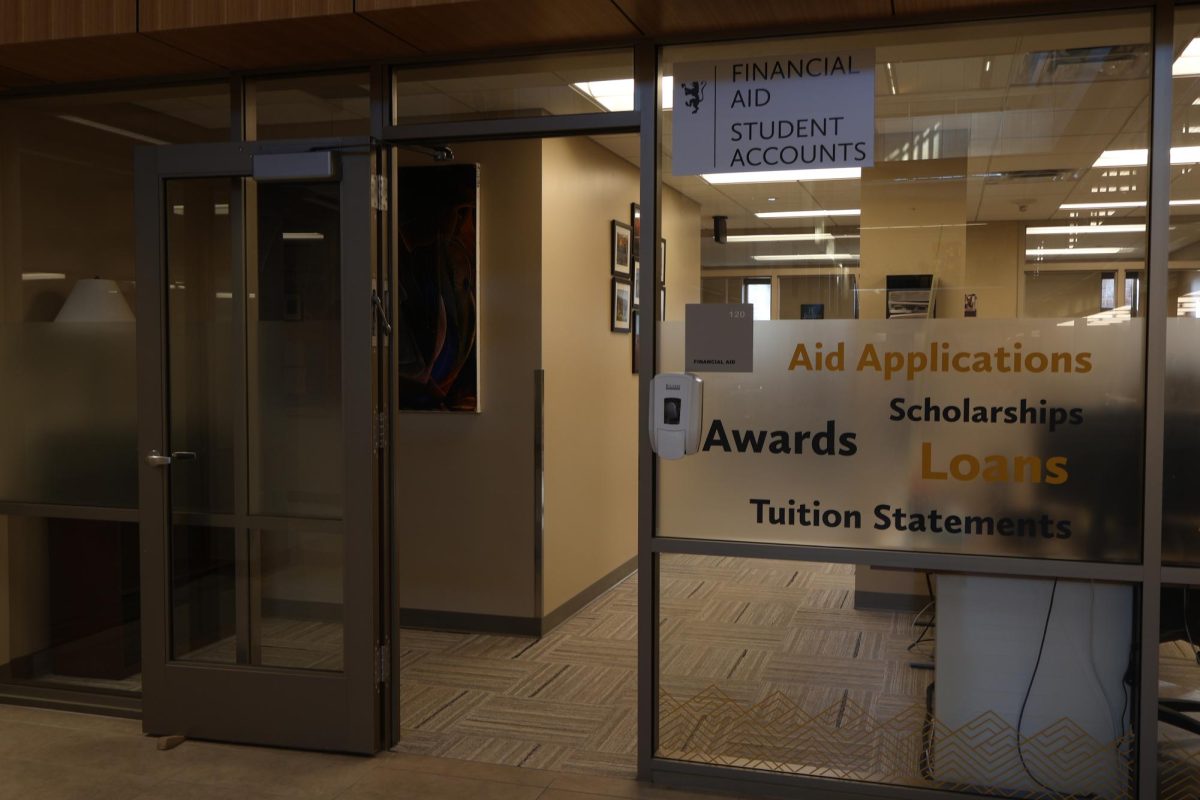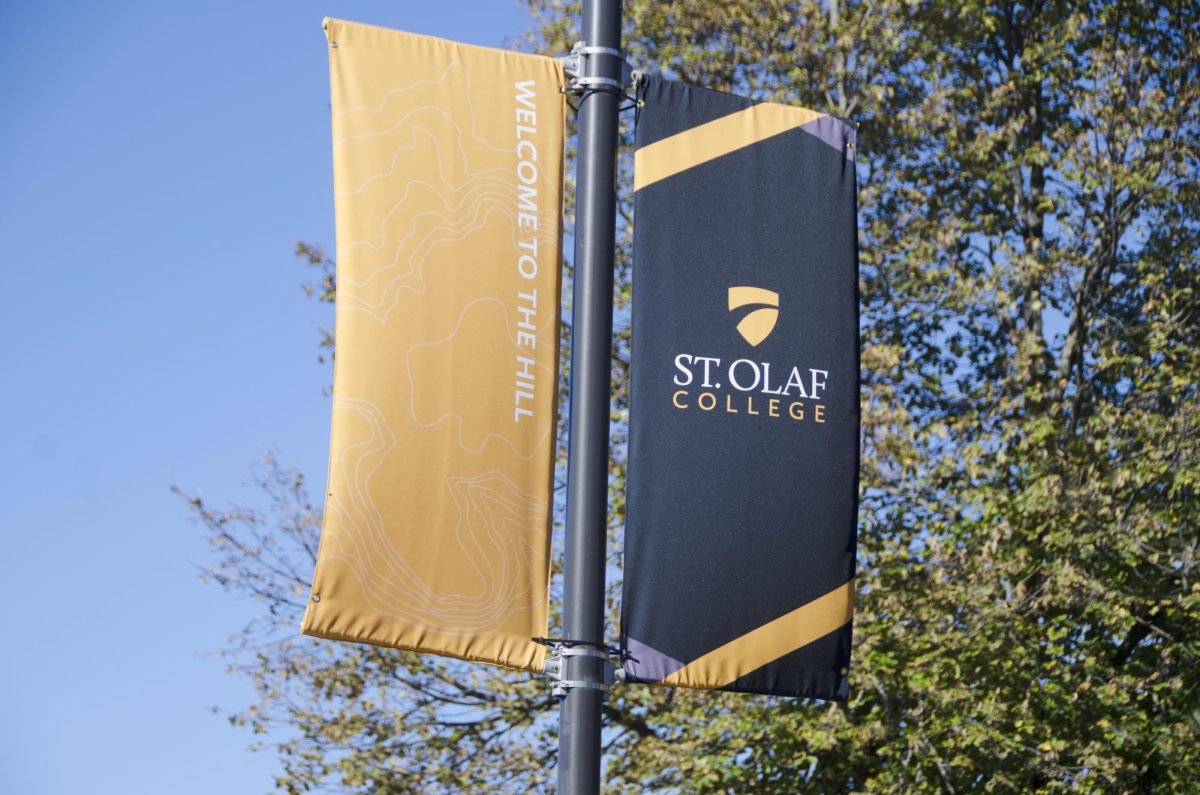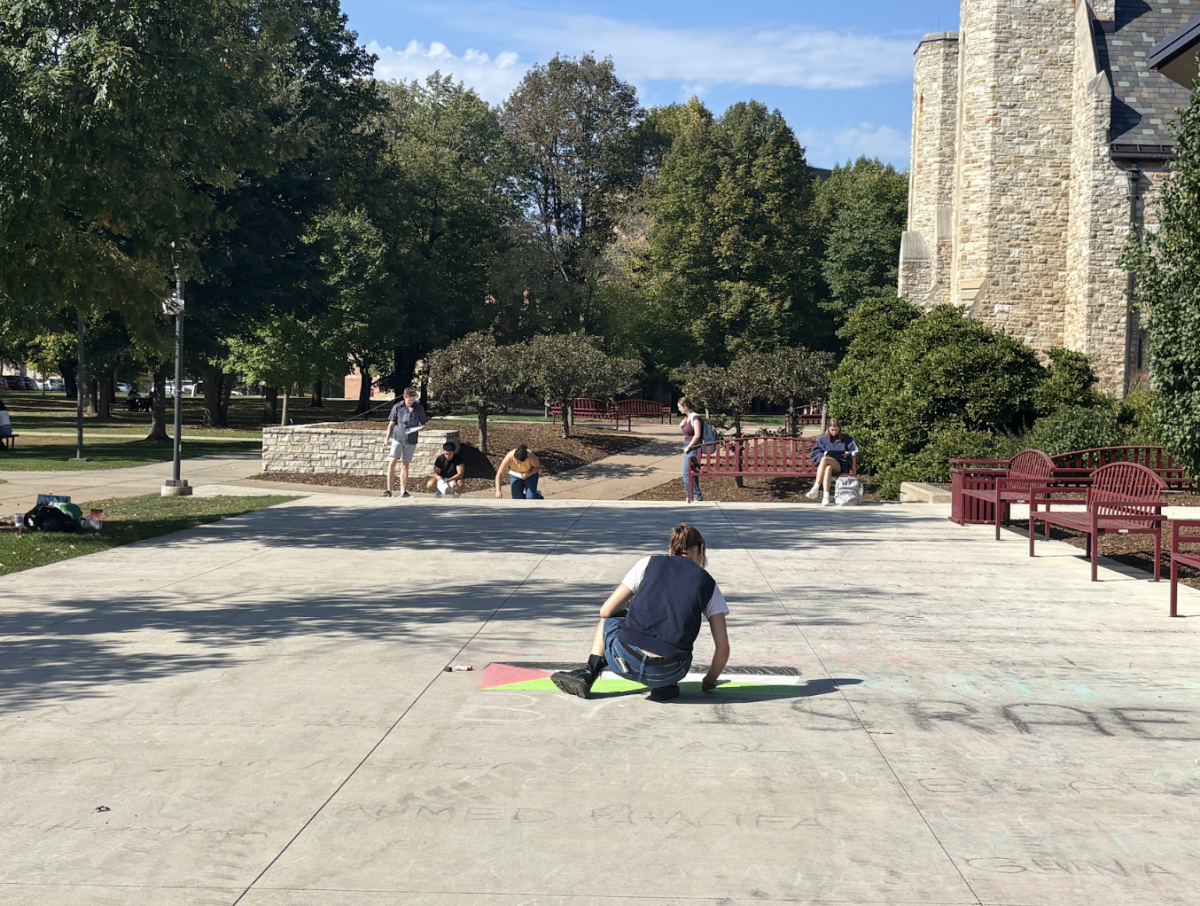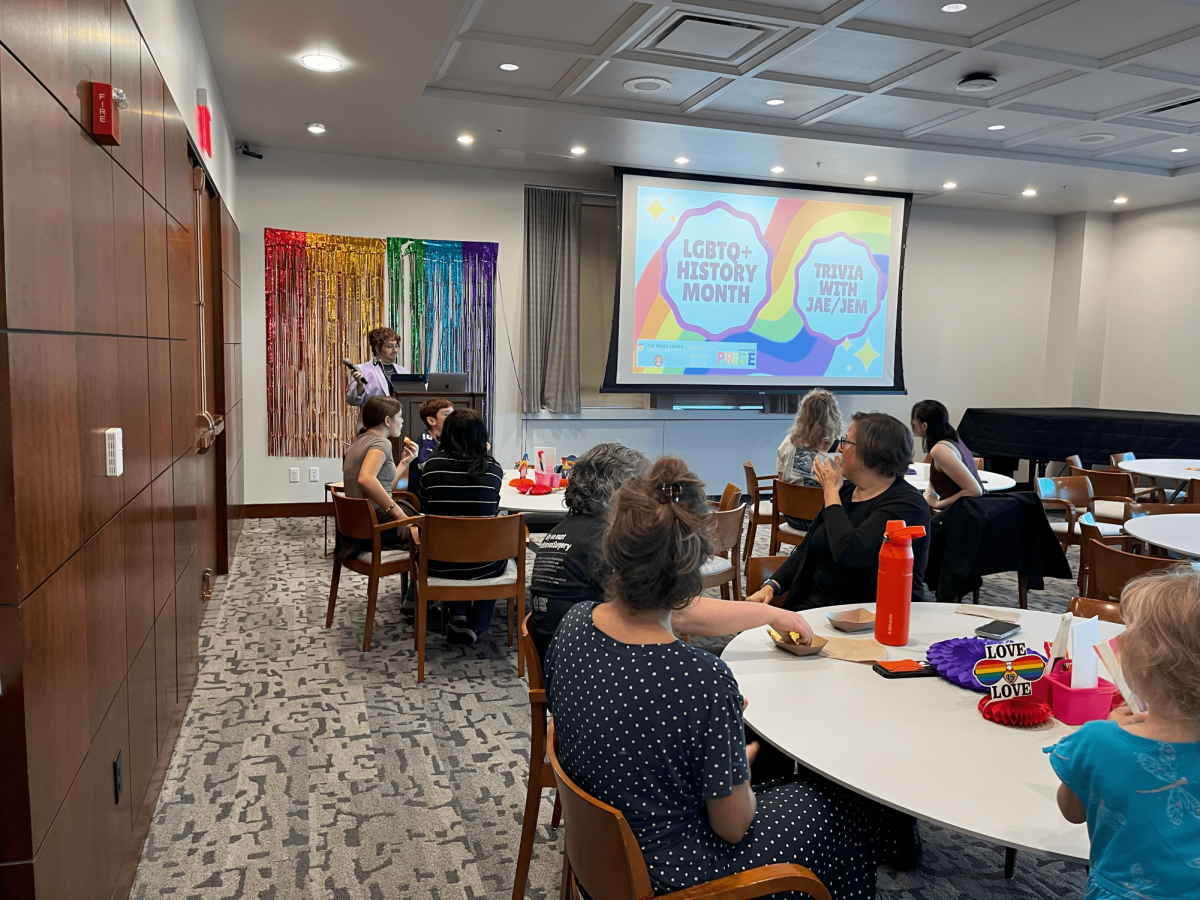The Lion’s Pause — which students often refer to as “The Pause” — is a central hangout location on campus. This March marks the Pause’s 53rd anniversary. The Pause’s half-century long history has seen the student-centered space undergo many changes.
The Lion’s Pause opened March 7, 1968, in the basement of Ytterboe Hall. Current students know Ytterboe as the residence hall on the west side of campus, but in 1968, the name referred to a brick building located in the center of St. Olaf’s campus.

The original intent of The Pause was to create a community space for students to connect. Much of the programming was experimental, including entertainment, church services and a place to hold discussions outside of the classroom. The Pause’s aesthetic was originally inspired by an English pub but maintained the nature of a coffeehouse. Stained glass windows and student art adorned the walls of The Pause.
In the mid-1980s, The Pause became increasingly unpopular due to rodent sightings and ventilation issues. These issues prompted a renovation to restore the original “coffeehouse feel” in order to draw students back to the social spot.
In 1997, The Pause moved to a temporary space in the St. Olaf Student Center — located where the Hall of Music and Center for Art and Dance now reside — after the old Ytterboe Hall was demolished. In a 1997 edition of The Messenger, students expressed their concerns about the small, temporary space and its inability to hold music entertainment events.
More problems arose in 1998 as the kitchen struggled to keep food options cheap.
Concerns continued as plans were drawn up for Buntrock Commons. Students were afraid that Bon Appetit would take over the kitchen and that students would not have authority in running the Pause.
Concerns eventually diminished in 1999, when The Lion’s Pause finally opened in Buntrock Commons, it’s current location. Students were impressed with the size of the new Pause facility, which spanned over multiple rooms, and the staff was impressed with the updated appliances in the kitchen.
While the Pause has been in three separate locations and has faced a series of obstacles these past 53 years, it continues to be a center of socialization for students, even during a pandemic.
